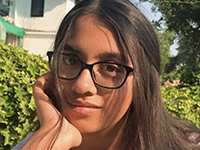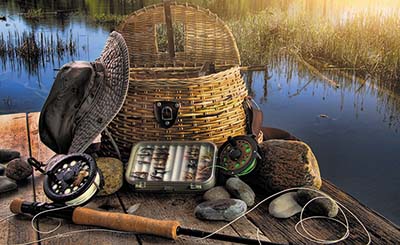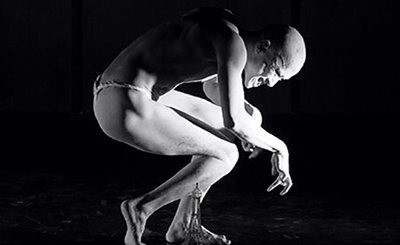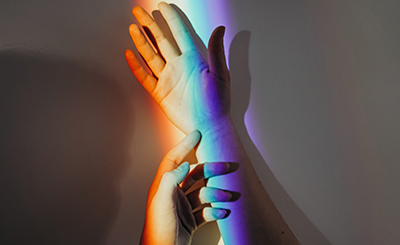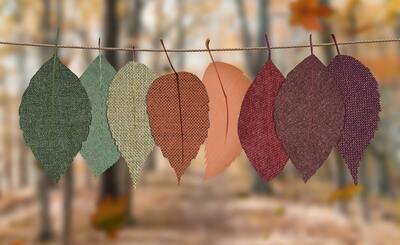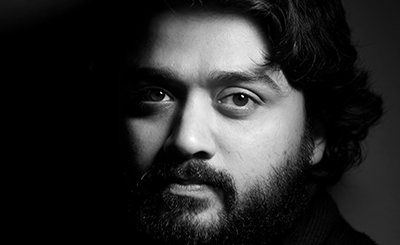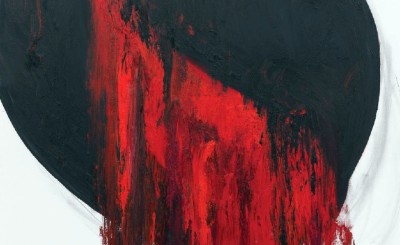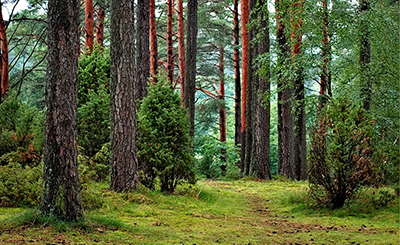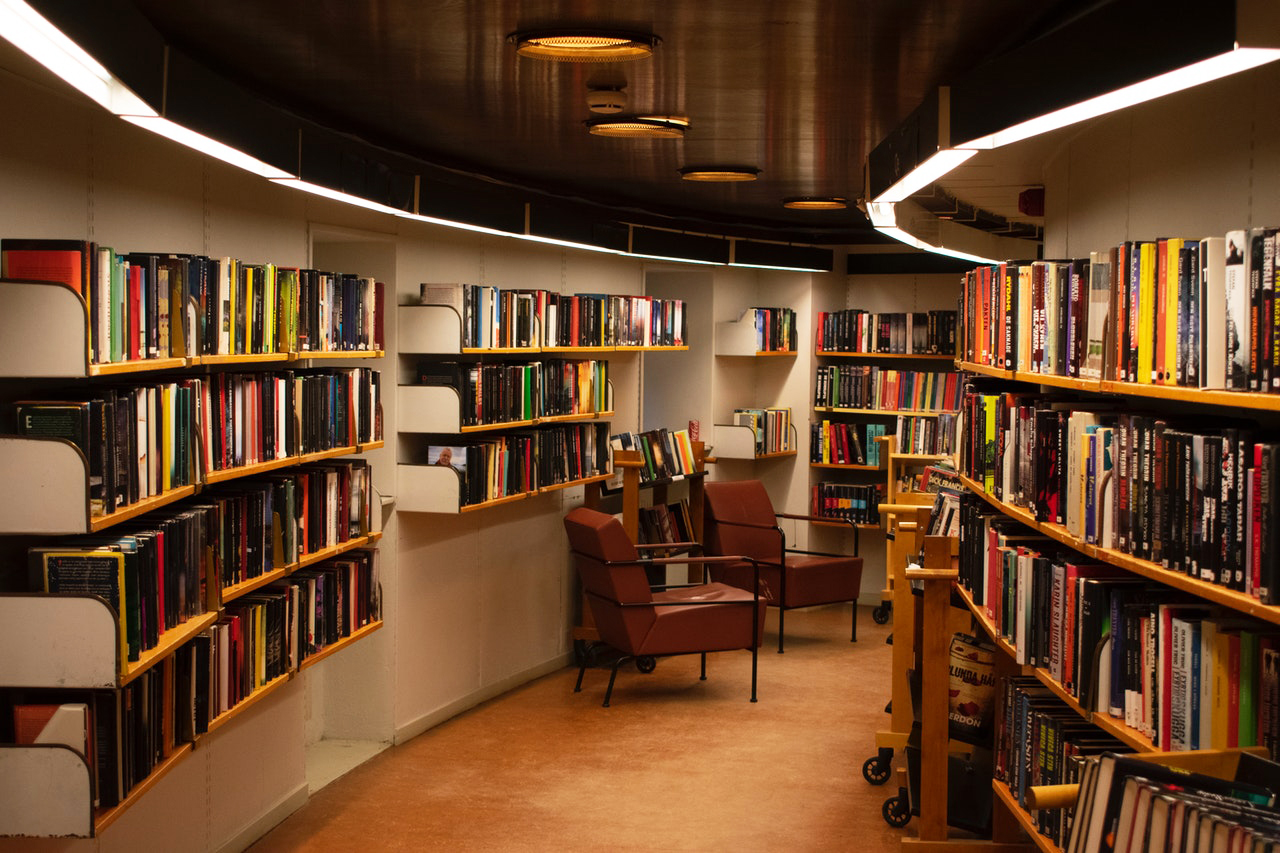
Reading, to me, feels like disappearing. Like the entirety of my body suddenly begins to shimmer, grow translucent, before my cells pull apart and dissipate into the air.
There is a vast array of seating options in the 6th floor library, all of which are incredibly uncomfortable. The white plastic chairs leave your posterior aching after extended periods of time spent perched on them. The metal stools have a lever to adjust their height, but inevitably end up too small or too tall, and additionally, have much to be desired when it comes to lumbar support. There is, however, one sofa. Said sofa can accommodate two people and four schoolgirls if they mind their elbows and have no comprehension of personal space. It is a truth universally acknowledged that the majority of female-identifying adolescents enrolled in educational institutions possess a deep desire to be circus clowns of the variety that attempt to cram themselves into tiny cars, just to see how many of them can fit. Regrettably, there have been no scientific studies on the subject, but if you have managed to acquire a grant to conduct the first, I would recommend the neon-green sofa in the corner of the school library as a case study, as the phenomenon has repeatedly occurred at the site. Contortionist antics aside, it must be said that the faux-leather is incredibly slippery, and if exposed to contact with it in the bright blue polyester of our school uniform, you will slowly but surely slide off it and end up derriere-first on the cold marble floor.
Why such attentiveness to seating, you ask? Simple. I don’t play dice when it comes to my comfort while reading.
I have a preferred spot. A self-described claustrophile, I scuttle into my nook every time I go upstairs, a hermit crab taking refuge in a shell. You can’t see it when you walk in. Two rows of sun mica shelves, gleaming white, stretch out from the entrance, one directly in front of you and the other at your right shoulder, firm-shouldered like a regiment of diligent soldiers. The librarian has her desk at the very front, walled off from the rest of the library on three fronts by cupboards concealing the newest acquisitions from hungry eyes. She sometimes looks like she’d like to be walled off on all sides. White tables covered in plastic wrap line the space that opens up in the middle, ready for even the clumsiest elbows and darkest ink.
Walk straight ahead, past the librarian’s desk, the Classic Literature Section, the Foreign Language section and the Textbooks the Size of Tombstones section to the very last row, littered not with books but with flimsy, glossy pamphlets advertising various colleges, from locales as disparate as Jhindhal and Oxford. There, between NYU and a wall, you’ll more often than not find me. Crouched in the furthest, quietest corner in the library, knees to my chest and head bent over a page. Like some wizened creature that emerged from the slimiest depths of the sea only to scuttle off into some dark corner. Not that its dark. The rest of the library is lit by bright, blinding white lights that pick out every speck of dust, every stray hair floating out of a girl’s scrunchie, every wrinkle crinkling at the librarian’s sour-lipped mouth. It’s more fit for an interrogation chamber than a library. But by 3 PM, the afternoon sunlight rubs away at sharply defined lines, making them blur in a golden haze. It’s as though some clumsy fingered artist has spilt amber paint through the window. It pools on the floor and stains my face. Dust motes seem to dance in the air, as though caught in viscous honey. I am enveloped — walls to my back and left, a bookshelf to my right — and it feels as though the library is stretching out its arms to hold me like a mother.
Aside from my nook, everything is too shiny, too bright, too sterile. Much of my school sometimes feels this way. The 5th, 6th and 7th floors were only built two years ago, so we students haven’t had much time to make our mark on the gleaming marble floors and tasteful murals. It has no imprint on it yet. Untouched by the smudge of memory. Sometimes I feel like if I let out a heavy enough breath, I will stain the walls with blue.
My classroom, though on the newer 5th floor, doesn’t feel like that. Or my old classroom, I suppose. We passed from one school year to another on a screen, in our own rooms, so haven’t properly said goodbye to the places and people that made up our 9th grade. It is — was — lived in and messy and loved. Cubbies overflowing with crumpled worksheets and forgotten notes in scrawled gel pen. Stray trainers, clumps of hardened dirt from the sports field crumbling off the spikes, lying forlorn and discarded as the owners shrieked and ran around the classroom in black-wool socks. When I think of my classroom, I think of girls sitting against the wall, heads in each other’s laps, one brown hand aimlessly carding through loose black hair, plaiting, and unplaiting. I think of the bubblegum strains of K-pop blaring out from one laptop, warring against the metallic ring of rock from another. I think of my friend Brindaa’s pasta, coated in pink sauce and dotted with sprigs of basil, her tiffin passed around like Holy Communion at break.
If I sound fonder of it than the library, it’s because I am.
And I’d still pick the library, every time.
Allow me to explain.
*
I spent much of my childhood disappearing.
Up until the age of 10, I would always try and cram a book into my little faux leather handbag before going to a party, angling my body away from my mother so she wouldn’t see what I was doing and make me put it back. As soon as I got to the party, I’d find the snacks and take a napkin-full over to the furthest corner of the room (See the pattern here?) and would slip away into the pages of a book. It wasn’t that I didn’t have friends — I did, ones that would repeatedly attempt to steal the books I would bring so I would talk. I just preferred to read, that was all.
Even now that I’m older and have somewhat comprehended the notion that bringing a copy of Hundred Years of Solitude to a disco may not be entirely socially acceptable, my idea of a fun Saturday evening still veers towards kicking back with Jane Eyre and chocolate mousse than going out with my friends.
The thing is when I read, I’m a voyeur, not a part of the story. I can watch without being worried about how I am seen. Reading, to me, feels like disappearing. Like the entirety of my body suddenly begins to shimmer, grow translucent, before my cells pull apart and dissipate into the air. When I read, I am sexless, raceless, colorless, featureless, a floating, omnipotent, invisible entity who simply watches, simply thinks. I am only a heart thudding against a ribcage and a brain humming with the trill of thought — the rest falls away like the sepals on a blossoming flower.
If I could be that way in real life, I would. But in reality, you cannot watch without being watched, cannot judge without being judged. One is constantly compelled to construct a socially acceptable and functional front to navigate the corporeal world without injury, and my god, is it exhausting. But if you could exist as nothing but a consciousness, floating through the air, you would never feel pressured to be anything other than yourself.
If no one can see you, you can be you, to put it pithily.
Which is why I keep going back to the library on the 6th floor. Why I like all libraries, really. It’s one public space not consumed by the back-and-forth waltz of public interaction, the endless construction and crumbling of facades. You don’t have to fear eagle-eyes picking you apart and putting you back together, because they are pinioned to a page. That is why I creep upstairs, sneak behind the shelves, every chance I get. The glare of the lights, the uncomfortable chairs, the chill of the AC pricking goosebumps along my forearms — everything is bearable if borne for the privilege of disappearance. The crushing weight of being lifts itself off my shoulders as I turn pages, until the metallic shriek of the lunch bell signals the end of my break and the reshouldering of the sentence of existence we are all compelled to bear. Back to laughter and curious eyes. Back to chatter that drums in your ears like the roar of blood, screaming louder every time your name is mentioned.
I’m no fool, I promise. I know that there is greater bravery in allowing yourself to be seen as you are than hiding yourself because you cannot bear to see your true self, your genuine self, disparaged or disliked, and you lack the energy and effort to construct a false persona all the time. Take it from someone who has done it all her life. To be seen is to be vulnerable, and that is the most powerful thing of all. Maybe someday I’ll muster up the strength to be myself, despite what other people think of me. Maybe someday, libraries will simply be happy spaces instead of a hideaway.
Comments
*Comments will be moderated



